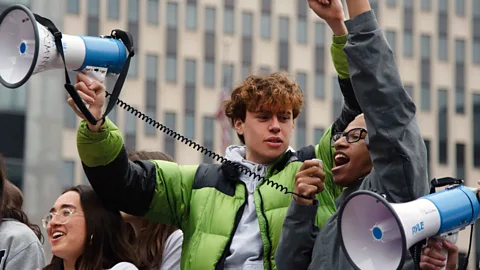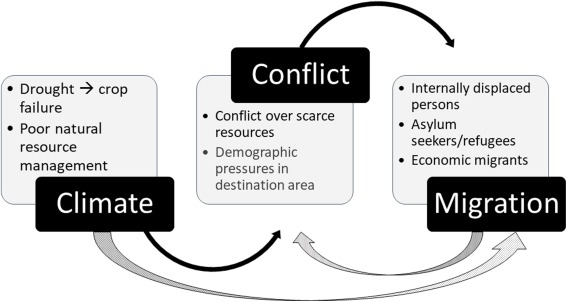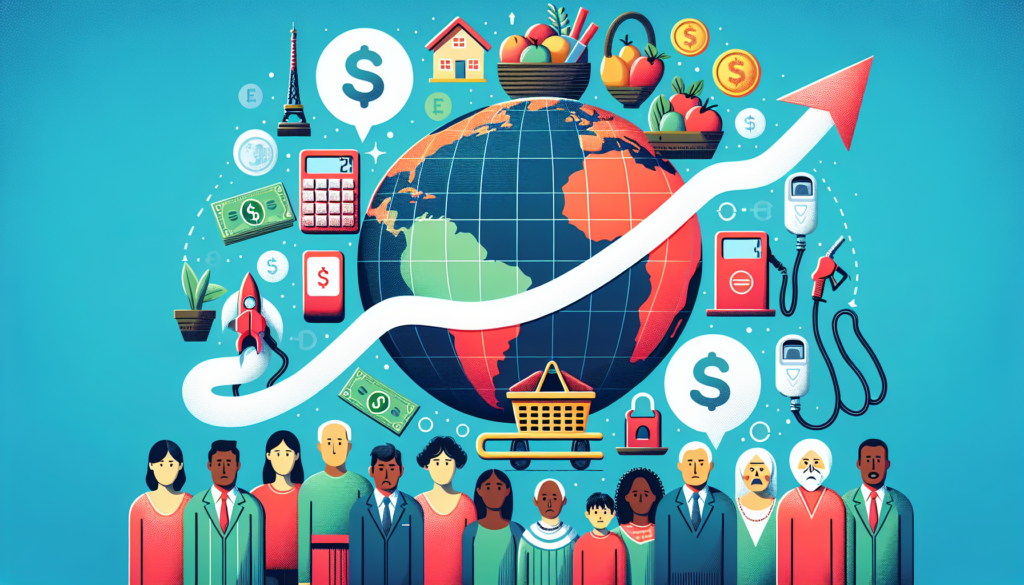In streets, on social media, and across global stages, one voice is rising louder than ever: Gen Z. This generation—born roughly between 1997 and 2012 is redefining activism and reshaping the global conversation on justice, equality, and the future of the planet.
Whether it’s marching for climate action, speaking out against inequality, or pushing for mental health awareness, young people today are not waiting for change they’re making it happen.
Digital Natives, Global Voices
Gen Z grew up with the internet in their pockets. Unlike any generation before them, they use digital tools to connect, organize, and amplify their voices globally. A hashtag can spark a movement. A TikTok video can go viral and educate millions in minutes. Their ability to mobilize support online has transformed how social movements start and grow.
Movements like #BlackLivesMatter, #FridaysForFuture, and #EndSARS were all fueled, expanded, or led by young activists using platforms like Twitter, Instagram, and YouTube.
Climate Action: A Generational Priority
One of Gen Z’s most powerful causes is the climate crisis. Young leaders like Greta Thunberg from Sweden and Vanessa Nakate from Uganda have become global symbols of youth-led environmental activism. Through school strikes, protests, and speeches to world leaders, Gen Z is demanding urgent action on climate change—and they’re not backing down.
Their message is clear: this is the planet they’ll inherit, and they refuse to let it be destroyed.
Demanding Equality and Justice
Beyond the environment, Gen Z is pushing hard for social justice. They are speaking out against racism, sexism, homophobia, and corruption. In Iran, young women and students have led protests against restrictions on personal freedom. In the United States, youth played a major role in protests against police violence. In countries like Chile and India, students and young citizens are pushing for education reform and human rights.
This generation doesn’t shy away from tough conversations. They want inclusive policies, equal treatment, and systems that represent all voices.
Mental Health Matters
Gen Z is also changing how the world talks about mental health. They are more open about anxiety, depression, and emotional well-being than previous generations—and they’re demanding better support systems in schools, workplaces, and healthcare.
By breaking the stigma, they’re making mental health a global public issue, not a private struggle.
Challenges Along the Way
Despite their passion, young activists often face pushback—from governments, institutions, and even their own families. Some are dismissed as “too young” or “too radical.” Others face censorship, arrests, or threats.
Still, Gen Z remains undeterred. Many young people are not just protesting—they’re running for office, starting nonprofits, building platforms, and using entrepreneurship to fuel change from within.
The Future is Now
Around the world, one thing is becoming clear: Gen Z is not the future—they are the present. Their activism is reshaping culture, politics, and policy. They’re reminding the world that age is not a barrier to leadership, and that real change starts with bold, persistent voices.
Whether they’re rallying in the streets or mobilizing online, young people are showing that hope, energy, and determination are powerful forces—and they’re just getting started.






